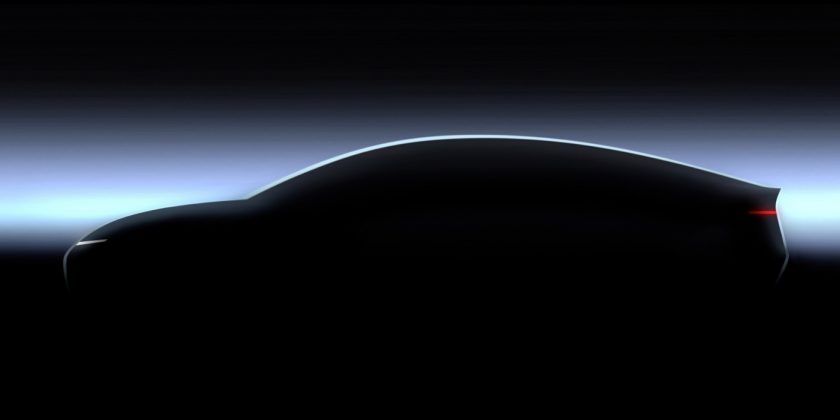Everyone wants a crack at Tesla. Elon Musk’s all-electric brand has set the automotive world on fire for better part of the last decade, and it still delivers pace-setting EV performance, range, and speedy charge times that most longstanding automakers have trouble matching. But that isn’t going to stop Volkswagen from taking the fight to Tesla head-on, this time with “Project Trinity.”
Volkswagen just teased the new venture with some promising claims. Project Trinity will result in a sedan with “high range, extremely short charging times, and revolutionary production.” What this all means, of course, is still quite unclear. But it does leave room for a heck of a lot of speculation.
Let us peer once more into the (often flawed) automotive industry crystal ball. Right now, the only EV Americans can buy from VW is the ID4. At full tilt, with a 125-kW charger handy, that electrified SUV’s battery will charge from 5 percent full to 80 percent in roughly 40 minutes. In isolation that sounds pretty good, but compare that to what you can get out of a Tesla Supercharger, and the VW loses out.
The current Tesla Model S, when hooked up to a V3 Supercharger station, can charge at up to 250 kW. That means a Tesla can guzzle up much more juice more quickly than an ID4 can at the moment. That will likely change in the near future, not the far-off 2026 mark that VW has set out for Project Trinity. However, it’s safe to assume that the new sedan, whatever Volkswagen ends up calling it, will support something north of the 250-kW mark.
When it comes to range, 250 miles is the most you can eke out of an ID4. The recently announced Tesla Model S Plaid boasts more than 500 miles of range. A more equivalent Model Y crossover can go up to 326 miles between charging stops. That is way (way) more than is necessary for the average commuter, and will only be fully utilized on longer trips. The Model S, for example, holds enough energy to get from Los Angeles to Vegas and back on one charge.
If Project Trinity nets something truly “high range” we expect a range number that starts with a “4.” Speaking of which, Volkswagen also said its forthcoming sedan will support Level 2+ autonomous driving at launch, but will be ready (from a hardware and software standpoint) for Level 4. Though Tesla’s Autopilot is industry leading stuff, even it doesn’t support level 4 (yet)—topping out at Level 2, where drivers still need to remain alert while the car handles acceleration, braking, and some lane changes in “closed” scenarios such as freeway travel.
As for the promise of “revolutionary production,” we are still in the dark. Could 3D printing make its way into production cars? Is Volkswagen talking about battery tech? It’s hard to be sure, but as time goes on we will only learn more on what Project Trinity will bring.
Source: Read Full Article
